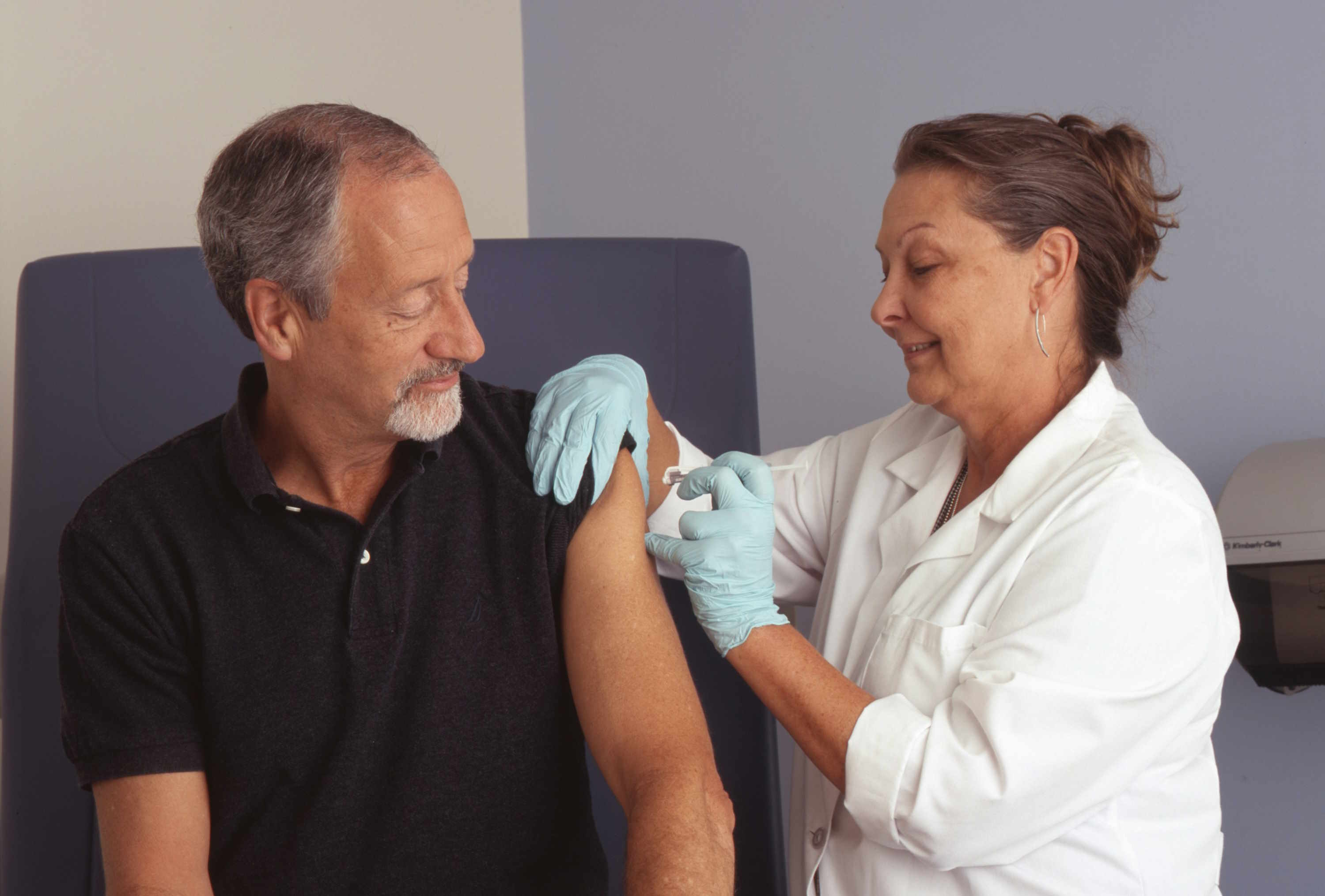Heart Failure Explained: Early Warning Signs You Should Recognize
Heart failure is a common but serious condition impacting millions globally. Contrary to what the term suggests, it doesn’t mean the heart has stopped functioning completely. Rather, it indicates that the heart isn’t pumping blood as effectively as it should. Identifying the early signs of heart failure is crucial for timely intervention, which can improve health outcomes and help prevent serious complications. Being aware of these warning signs empowers individuals to take proactive steps toward protecting their heart health.

What Are the Most Common Heart Failure Signs?
Heart failure signs typically develop progressively, often making them easy to overlook initially. The most recognizable symptoms include persistent shortness of breath during routine activities, unusual fatigue that doesn’t improve with rest, and swelling in the legs, ankles, or feet. Many patients also experience a persistent cough that produces white or pink-tinged mucus, particularly when lying down.
Rapid weight gain from fluid retention serves as another critical warning sign, with patients often gaining two to three pounds in a single day or five pounds within a week. Additionally, difficulty sleeping while lying flat, requiring multiple pillows for comfort, indicates fluid accumulation in the lungs that demands immediate medical evaluation.
Key Signs of Heart Failure That Require Immediate Attention
Key signs of heart failure that warrant emergency medical care include severe chest pain, sudden onset of extreme shortness of breath, and fainting or near-fainting episodes. When heart failure progresses rapidly, patients may experience confusion or difficulty concentrating due to reduced blood flow to the brain.
Another critical warning sign involves sudden, severe swelling throughout the body, particularly in the abdomen, which may indicate advanced heart failure. Patients should also seek immediate help if they experience heart palpitations accompanied by dizziness, as this combination suggests dangerous heart rhythm irregularities that often accompany heart failure.
Cold, clammy skin combined with rapid heartbeat represents another emergency situation, as it indicates the heart is struggling significantly to maintain adequate circulation throughout the body.
Understanding Symptoms of Atrial Fibrillation in Elderly Patients
Symptoms of atrial fibrillation in elderly patients often overlap with heart failure signs, making proper diagnosis essential for effective treatment. Elderly individuals with atrial fibrillation commonly experience irregular heartbeat sensations, described as fluttering or racing feelings in the chest that may come and go unpredictably.
Many elderly patients report feeling unusually tired or weak during atrial fibrillation episodes, particularly during physical activities they previously handled without difficulty. Dizziness or lightheadedness frequently accompanies these episodes, especially when standing up quickly or during periods of increased heart rate irregularity.
Chest discomfort, though not always present, may manifest as pressure or tightness rather than sharp pain in elderly patients with atrial fibrillation. Some individuals also experience anxiety or a sense of impending doom during episodes, which results from the heart’s irregular pumping pattern affecting overall circulation and oxygen delivery.
When Heart Failure and Atrial Fibrillation Occur Together
The combination of heart failure and atrial fibrillation creates a particularly challenging medical situation that requires specialized treatment approaches. When these conditions coexist, patients often experience amplified symptoms, including more severe shortness of breath and increased fluid retention throughout their body.
The irregular heart rhythm from atrial fibrillation reduces the heart’s pumping efficiency, worsening existing heart failure symptoms and potentially accelerating the condition’s progression. Patients with both conditions frequently report increased fatigue levels and reduced exercise tolerance, as their cardiovascular system struggles to maintain adequate blood flow during both regular activities and periods of increased demand.
Managing both conditions simultaneously requires careful medication balancing, as treatments for one condition may affect the other. Regular monitoring becomes essential, as changes in either condition can significantly impact overall cardiovascular health and treatment effectiveness.
Treatment Options and Management Strategies
Modern heart failure treatment combines medications, lifestyle modifications, and advanced medical procedures to improve heart function and quality of life. Physicians typically prescribe ACE inhibitors or ARBs to reduce heart workload, along with beta-blockers to slow heart rate and improve pumping efficiency.
Diuretics help eliminate excess fluid retention, while newer medications like SGLT2 inhibitors have shown promising results in reducing hospitalizations and improving outcomes. For patients with severe heart failure, advanced treatments may include implantable devices like pacemakers or defibrillators, and in extreme cases, heart transplantation may be considered.
Lifestyle modifications play equally important roles in treatment success, including sodium restriction, regular but appropriate exercise, weight monitoring, and medication compliance. Patients benefit significantly from cardiac rehabilitation programs that provide structured exercise training and education about managing their condition effectively.
The Importance of Early Detection and Professional Care
Early recognition of heart failure symptoms enables healthcare providers to implement treatments that can slow disease progression and improve long-term outcomes. Regular medical checkups become crucial for individuals with risk factors such as high blood pressure, diabetes, or family history of heart disease.
Healthcare professionals use various diagnostic tools, including echocardiograms, blood tests, and chest X-rays, to evaluate heart function and determine appropriate treatment strategies. Advanced imaging techniques help doctors assess heart muscle strength and identify specific areas of concern that may benefit from targeted interventions.
Prompt medical attention for concerning symptoms allows for immediate treatment adjustments and prevents complications that could lead to emergency hospitalizations. Building strong relationships with healthcare providers ensures comprehensive care coordination and optimal management of this complex condition.
Understanding heart failure warning signs empowers individuals to seek timely medical care and participate actively in their treatment plans. Recognition of these symptoms, particularly when they occur together or worsen over time, can significantly impact treatment success and overall quality of life. Working closely with healthcare professionals ensures access to the most current treatment options and ongoing support for managing this serious but treatable condition.
This article is for informational purposes only and should not be considered medical advice. Please consult a qualified healthcare professional for personalized guidance and treatment.




